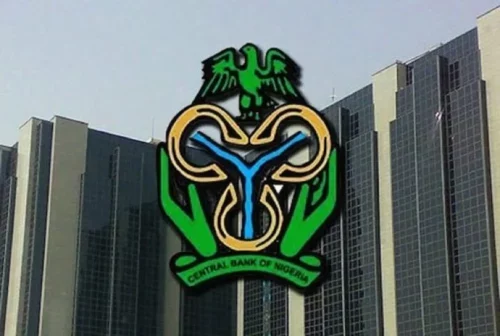Operators have lamented the Central Bank of Nigeria (CBN) directive that all point of sale (PoS) terminals be geofenced, insisting that the new rule will reduce their transaction volume.
The CBN mandated all participants in the nation’s payments ecosystem to migrate fully to the ISO 20022 messaging standard and geo-tag all payment terminals before October 31, 2025.
According to the directive, POS operations will be limited to a 10 metre radius of the registered address, a situation operators say would prevent them from moving their devices from shop to home.
Geo-tagging refers to the process of attaching geographical location information (latitude and longitude coordinates) to payment devices such as Point-of-Sale (PoS) terminals. With this technology, regulators and operators can know where a PoS terminal is located at the time of use, ensuring that it matches the registered business address.
Doing so makes it easier to prevent fraudsters from moving devices to unauthorised locations for illegal transactions.
The CBN directive will require every payment terminal to have built-in GPS capability to capture location data. This data will be included in every transaction message, providing real-time visibility into where payments are initiated.
A 10-metre geofence has been prescribed, meaning transactions can only occur within 10 metres of the registered business or service location. Any attempt to use a PoS machine outside this radius will automatically violate the new rule.
A POS operator, Johnson, who spoke with LEADERSHIP, noted that the move by the apex bank to ensure the security of customers’ funds also disadvantages the operators’ turnover.
“Nobody can withdraw if I bring the POS to my house because it has been geofenced to my shop, and I cannot take it to church or the market. I can’t use the device to do business unless I am at the shop, and I can’t take it down the road. That is a disadvantage. I can’t even do any transactions on it when I am not in the shop,” he lamented.
He said that although geotagging POS “is good for security reasons so that every bank knows where their POS is at every point in time, it will reduce the number of transactions I do.”
Another POS operator, Mrs Dammy, said she was learning about the directive and said it would be bad for her business. “I am always on the move, and I take the POS with me. People in the Church rely on me to bring the POS when they want to make withdrawals. That means I can’t do that again and it is not good at all.”




